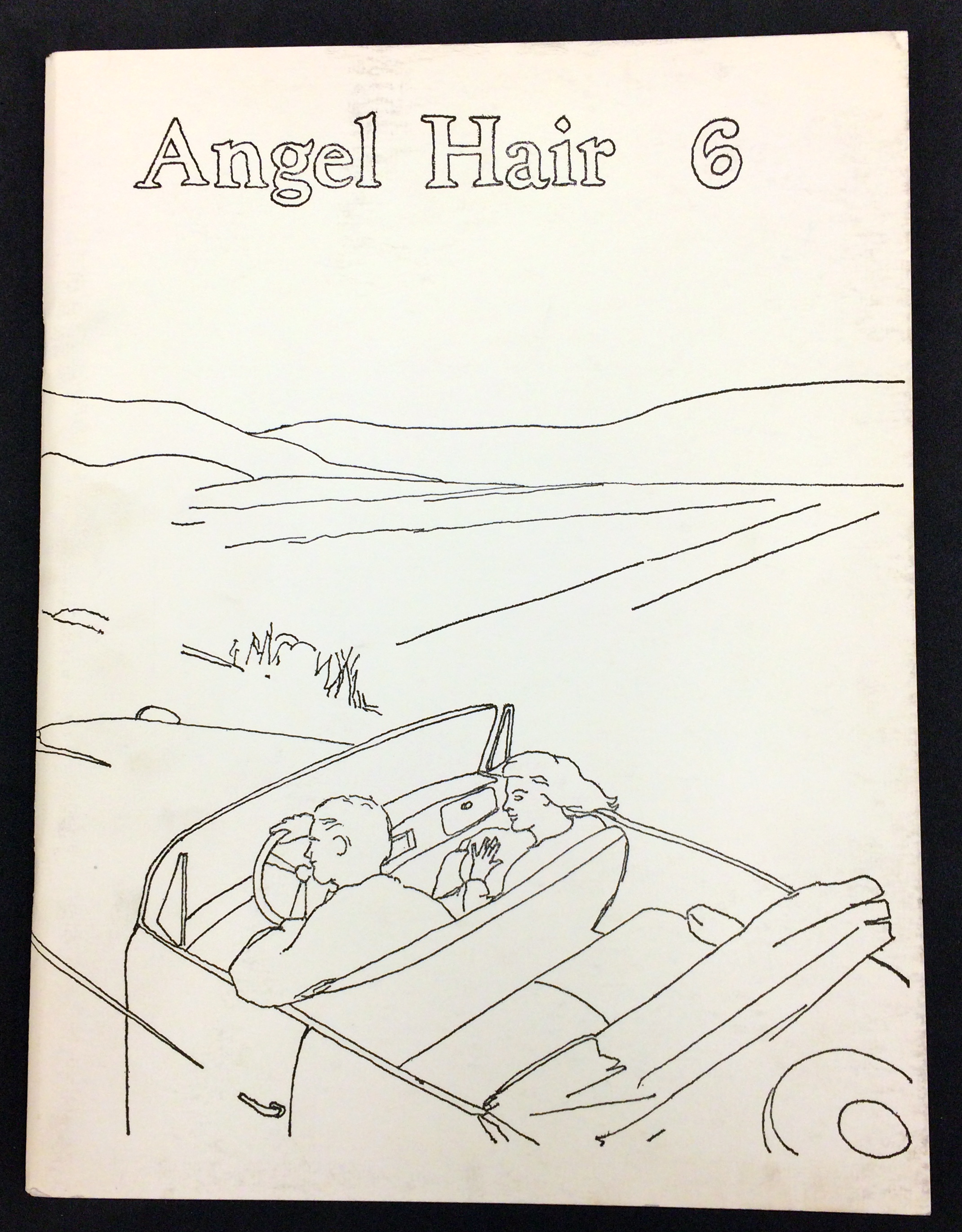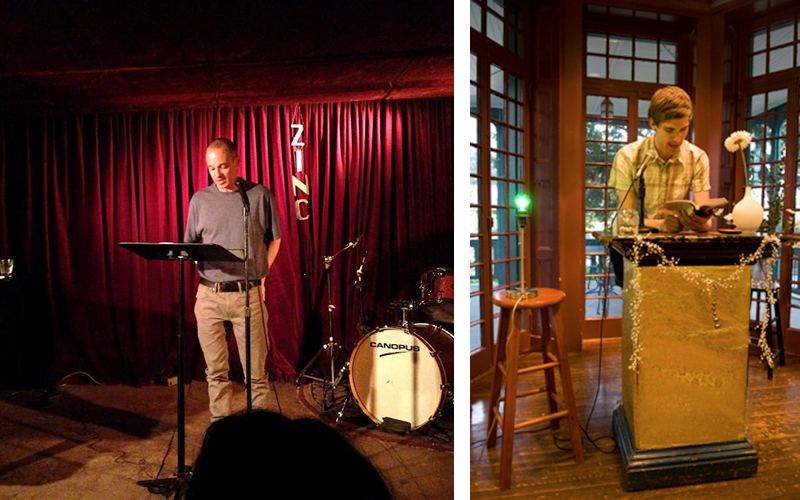“That mind artifact is mutable, thank the lord” — Clark Coolidge[1]
A few facts about crystals:
Once only mined (mind), most quartz crystal now is grown.
Quartz is the most common mineral on Earth.
Many crystals are piezoelectric: they emit a (thin) electric charge under pressure.
Crystals rotate the plane of polarized light.





![Clark Coolidge, <a href="https://media.sas.upenn.edu/jacket2/pdf/Coolidge_Knox_Cave_Sketch_Map.jpg">“Knox Cave: Sketch-Map By Clark Coolidge (NSS 1294)” [click for larger image],</a> June 1956. Image courtesy of Clark Coolidge and 'The Northeastern Caver.'](/sites/default/files/Coolidge_Knox_Cave_Sketch_Map.jpg)
